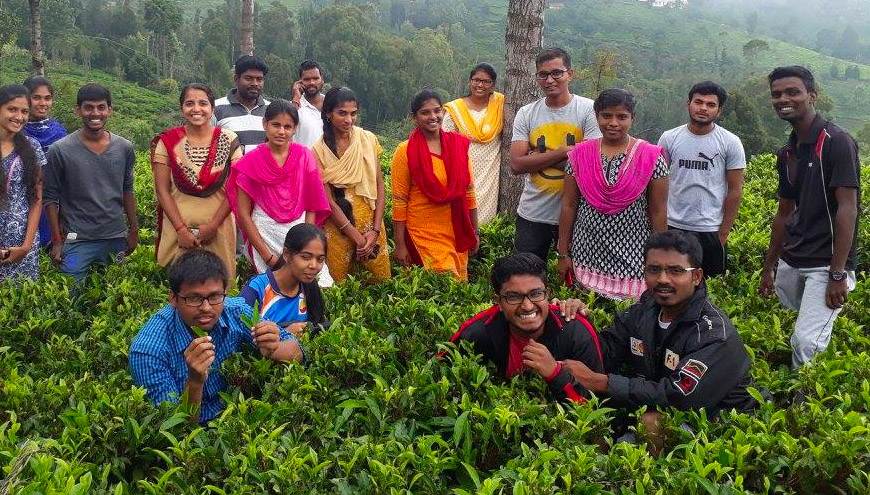A two-to-three-year programme that offers young people from low-income families in their last years of high school an affordable, high quality learning environment combined with social support and mentoring. The goal is to enhance their science, technology, engineering and mathematics (STEM) education and prepare them for undergraduate exams. Although effective guidance is provided by social workers, the programme is based on mentoring and peer-to-peer learning, which enables students to learn both from the materials and from each other, without a full-time teacher.
Krishna Ramkumar is a social entrepreneur by Forbes Under 30 (2014). Akshay Saxena is an Ashoka Fellow (2013). Echoing Green Fellowship (2012). UnLtd India (2012).
Impact evidence
- The organisation has worked with 25,000 students in 300 centers in 50 cities, and has developed partnerships with six major state governments.
- Over 102 students have progressed to some of the top 100 engineering colleges in India. Participants have also been accepted into major US universities such as the MIT, Yale, Stanford, and Columbia.
- Programmes show over 30% gain in Math and Science achievement levels and a close to doubling of college-going rates in government school students.
Through a test and an interview process, Avanti Fellows selects students from the pool of applicants. Once they are engaged in the programme, participants are organised into groups of five, and each group is assigned one or two student mentors who spend two or three hours a week together. The classroom facilitators are social workers with strong community links and social skills. They act as personal counsellors and motivators and guide the peer learning process through the provision of reading material, videos, hand-outs and follow-up tests. Discussions, team problem-solving and test-specific individual problem-solving are included in the methodology. If a student requires academic guidance, the social worker refers him or her to a mentor to conduct individual advice and follow-up. The system allows one facilitator to manage the learning of 100 students in four batches across different disciplines.
Geographical scope



